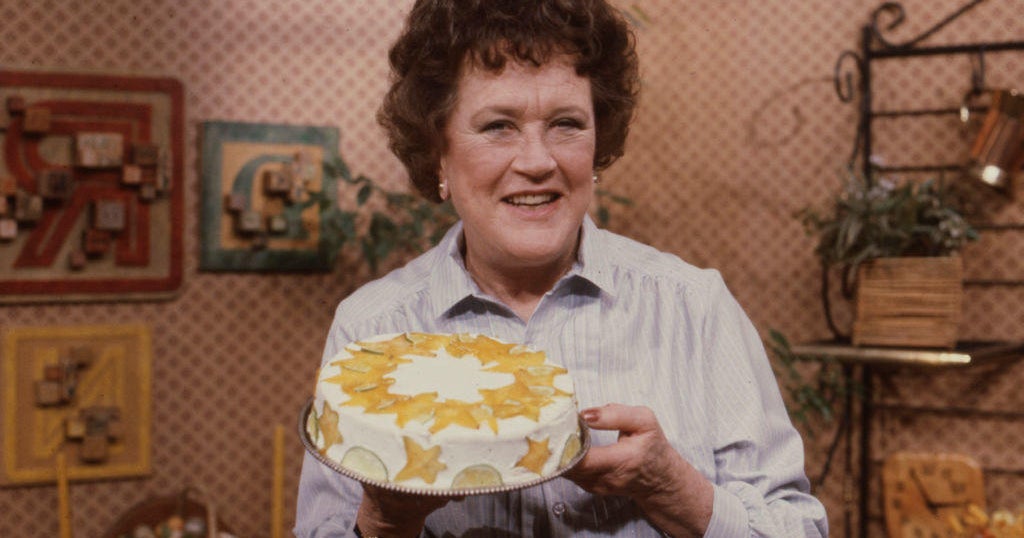House prices rose by 0.9% on average month-on-month in October – likely reflecting a constrained supply of properties for buyers to choose from – according to an index.
Across the UK, property values fell by 3.3% compared with October last year, Nationwide Building Society said.
The average UK house price in October was £259,423.
Robert Gardner, Nationwide’s chief economist, said that despite the month-on-month rise in house prices: “Housing market activity has remained extremely weak, with just 43,300 mortgages approved for house purchase in September, around 30% below the monthly average prevailing in 2019.”
He continued: “The uptick in house prices in October most likely reflects the fact that the supply of properties on the market is constrained.
“There is little sign of forced selling, which would exert downward pressure on prices, as labour market conditions are solid and mortgage arrears are at historically low levels.
“Activity and house prices are likely to remain subdued in the coming quarters.
“Despite signs that cost-of-living pressures are easing, with the rate of inflation now running below the rate of average earnings growth, consumer confidence remains weak and surveyors continue to report subdued levels of new buyer inquiries.”
He said that with the Bank of England base rate not expected to decline significantly in the years ahead, “borrowing costs are unlikely to return to the historic lows seen in the aftermath of the pandemic.
“Instead, it appears likely that a combination of solid income growth, together with modestly lower house prices and mortgage rates, will gradually improve affordability over time, with housing market activity remaining fairly subdued in the interim.”
Jeremy Leaf, a north London estate agent and a former residential chairman of the Royal Institution of Chartered Surveyors (Rics) said: “High mortgage rates and inflation may be compromising buyer demand but strong employment and shortage of properties for sale in areas of highest demand is keeping prices strong.”
It appears likely that a combination of solid income growth, together with modestly lower house prices and mortgage rates, will gradually improve affordability over time
Robert Gardner, Nationwide Building Society
Anil Mistry, director and mortgage broker at Leicester-based mortgage broker RNR Mortgage Solutions, said: “We experienced an unexpectedly high volume of enquiries in October, with most coming from first-time buyers. There’s life in the market yet.”
Tom Bill, head of UK residential research at estate agent Knight Frank, said: “Sentiment in the UK housing market is weak but unlike the early months of Covid or the period following the mini-budget, there is no single cause.”
He added: “The seasonal bounce in activity didn’t happen this autumn, although price falls have been kept in check by weak supply. We expect UK prices to fall by 7% this year and 4% next year as inflation comes under control and mortgage rates stabilise.”
Mark Harris, chief executive of mortgage broker SPF Private Clients, said: “While interest rates appear to have peaked, those hoping rates will move swiftly downwards again to the rock-bottom levels of the recent past are likely to be disappointed.
“Pricing is higher than borrowers have grown used to over the years, meaning those buyers relying on mortgages are more price sensitive on the back of ongoing affordability concerns.
“Swap rates, which underpin the pricing of fixed-rate mortgages, are trending down again after a recent blip. While the direction of travel for new mortgage rates is generally downwards, we have seen a few lenders pull rates in the past few days, although this has been primarily in order to slow business.”
With borrowing costs likely to remain elevated for some time, the housing market is still in for a rough ride as it nears the end of the year
Alice Haine, Bestinvest
Jamie Lennox, director at Norwich-based broker, Dimora Mortgages said: “October was a strong month in terms of mortgages submitted following a quiet August and first half of September.
“But even though there are higher activity levels, the market is still very quiet in historical terms and there’s certainly no rebound yet. As the Nationwide suggests, the base rate is not likely to decline significantly for some time due to inflation.
“However, as mortgage rates fall, we are now seeing more borrowers looking to jump to secure a new deal. First-time buyers are particularly active.”
Matt Thompson, head of sales at London-based estate agent Chestertons, said: “The vast majority of buyers have accepted that interest rates are here to stay.”
Alice Haine, personal finance analyst at investment platform Bestinvest said: “Homeowners refinancing existing deals are increasingly sticking with the same lender rather than transfer to a new provider that may carry out affordability checks and charge higher fees,a trend evidenced by the sharp drop in September’s remortgage approvals data from the (Bank of England) – to the lowest level since January 1999 – which only captures remortgaging with a different lender.
“With borrowing costs likely to remain elevated for some time, the housing market is still in for a rough ride as it nears the end of the year, leaving prospective sellers with a difficult dilemma – should they pause moving plans to see if the market improves further or plough ahead and hope they can achieve the price they hoped?
“The decision may be guided by whether someone needs to move due to death, divorce or financial difficulties, or can afford to wait.”
The hope will be that more activity will gradually return to the market next year
David Hollingworth, L&C Mortgages
David Hollingworth, associate director at L&C Mortgages said: “The lack of forced selling is encouraging but prices are likely to feel more downward pressure in the near term.
“The hope will be that more activity will gradually return to the market next year, as the more stable mortgage market and the prospect of lower inflation helps to further the current falls in mortgage rates.”
Nathan Emerson, chief executive of property professionals’ body Propertymark said: “Propertymark’s own housing insight report shows there has been a slight reduction in the number of available properties for sale at each member branch in September 2023. This fused with issues regarding the cost-of-living crisis continues to affect the housing market overall.”
Simon Gerrard, managing director of Martyn Gerrard Estate Agents said: “While prices are still below where they were a year ago, the Bank of England’s recent decision to freeze the interest rate has clearly restored a good amount of buyer confidence.”
Martin Beck, chief economic adviser to forecasters the EY ITEM Club said: “The EY ITEM Club thinks the outlook for house prices is still pointing down. Housing market activity has been weak, with mortgage lending and approvals running at unusually low levels.”















































